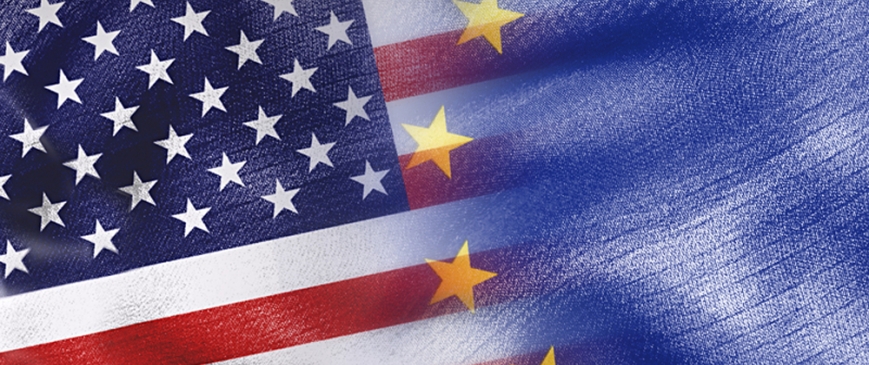
Judy Asks: Will the next US president care about Europe?
“Countries don’t have friends, countries only have interests.” That statement, usually attributed to former U.S. secretary of state Henry Kissinger, makes clear why Europe shouldn’t care too much about being cared about by the U.S. president.
The next occupant of the White House—regardless of her or his personal tastes—will have to protect and promote the American interest. And due to the depth of the economic, financial, diplomatic, security, cultural, and social ties across the Atlantic and the many interests the United States shares with Europe, the next president will often rely on working with European partners.
In Europe, a strong transatlantic relationship tends to be seen as an end in itself. For the United States, such a relationship is usually a means to another end. And despite recent irritants, the transatlantic relationship is still among the most effective frameworks for getting things done internationally.
Besides, there are several high-priority issues on which European action is wanted. These include the proposed Transatlantic Trade and Investment Partnership (TTIP), the Syrian conflict, follow-up to the July 2015 Iran nuclear deal, the health of the eurozone, relations with Russia, and a possible British exit from the EU.
Europe shouldn't care about being cared about by the US president
European leaders should worry less about whether the U.S. president likes them and more about what issue they want to address together. The U.S. presidential candidates aren’t debating whether Europe cares about the next president. They know Europe does.
Rem Korteweg is a senior research fellow at the Centre for European Reform.
